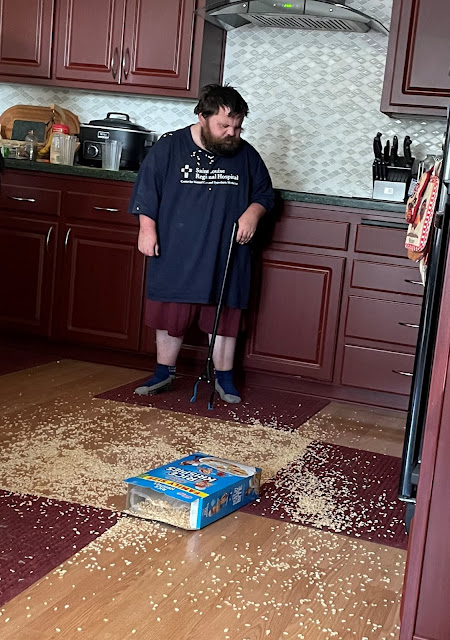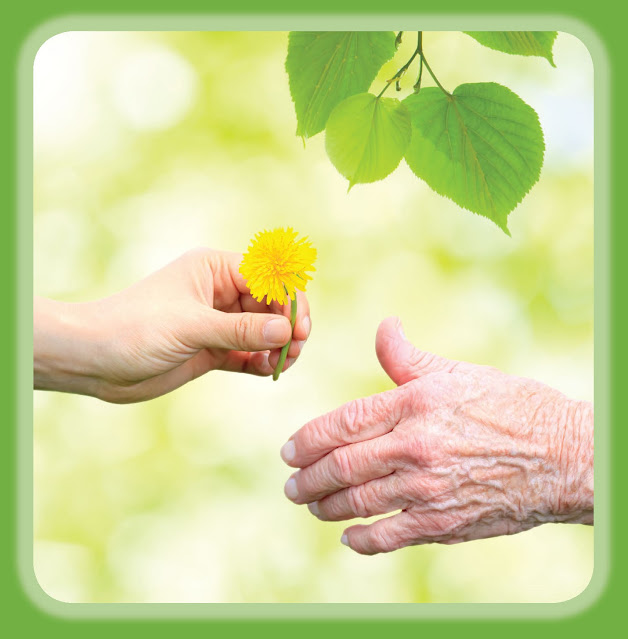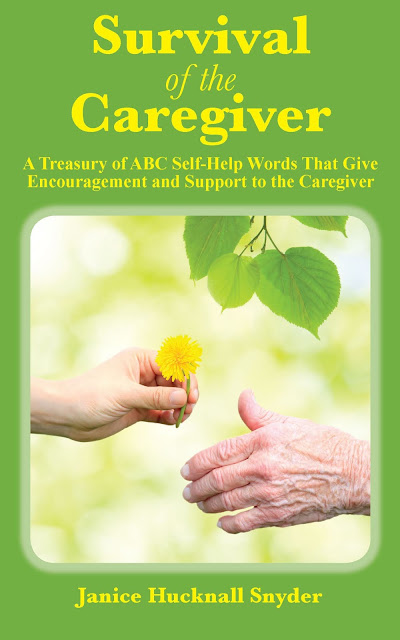Cancer Diary: Open Letter to Cancer Patients

An Open Letter to Cancer Patients: Partnering with Your Caregiver Dear Cancer Patient, Your cancer journey is one of the most challenging paths you'll ever walk. As you navigate this difficult terrain, your caregiver walks beside you, sharing your burden and helping to light the way. Today, I want to talk about how you can work together with your caregiver to create the best possible care environment for both of you. First and foremost, please remember that your caregiver, while dedicated to your wellbeing, is also human. They experience fatigue, stress, and emotional exhaustion. Your kindness and appreciation mean the world to them. A simple "thank you" or acknowledgment of their efforts can replenish their emotional reserves and help prevent burnout. This is especially crucial if your caregiver is your spouse, who needs adequate sleep and rest to maintain their own health and continue providing you with quality care. Communication is the foundation of any caregiving r...






